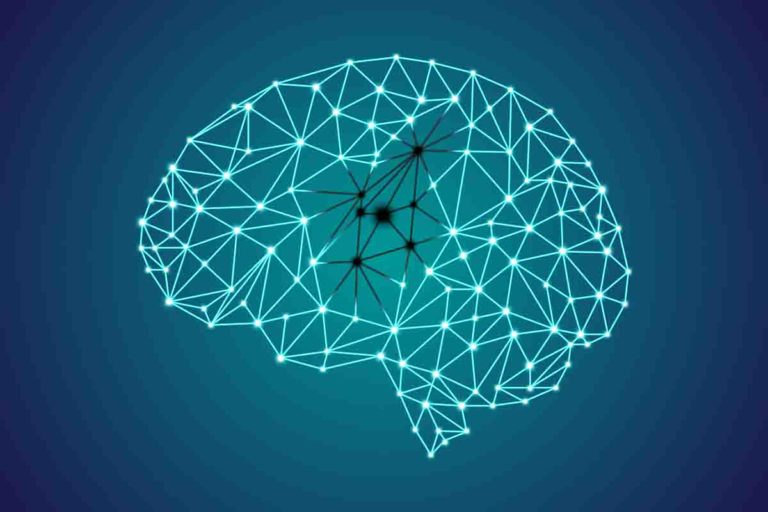
Cannabis continues to skyrocket in popularity as a source of relief for countless individuals amidst a period of unprecedented legalization and normalization.
Cannabis use, however, is often accompanied by one or more unwanted side effects — including memory loss and general cognitive impairment. These in turn make it more difficult for users to function normally, and can be a turn off for anyone considering cannabis as a source of treatment.
Now, a group of European researchers are trying to reduce or eliminate these memory-altering side effects altogether.
In a major collaboration with scientists from the University of Barcelona and the University of Lisbon, the research team used a newly-created peptide molecule on mice. The data, published in The Journal of Medicinal Chemistry, showed that the synthesized compound allowed the mice to still feel the intended pain-alleviating effects of the cannabis, without any memory loss.
Methodology
To start, researchers examined the relationship between two naturally-occurring peptides that are thought to inhibit communication between two key receptors. The CB1 receptor binds with the active compound in cannabis, delta 9 THC. Meanwhile this CB1 receptor and another receptor, the 5HT2A receptor, communicate with one another on a regular basis.
According to the study, the 5HT2A receptor is also a binding point for the chemical serotonin. It has been shown to play a part in regulating memory and cognition more broadly.
After better understanding this important relationship, the research team created two synthetic peptides. They were similar in structure to the natural peptides produced by the body. However, they had been improved to allow better movement through the blood-brain barrier.
The blood-brain barrier is a vital network of vessels and tissue that help regulate the flow of important nutrients to the brain. It also prevents unwanted toxins from moving through.
In improving the efficiency of the peptides, the team hoped to change the way the cannabis inhibited the flow of information between the CB1 and 5HT2A receptors.
The Trials
Using the better-performing peptide, the researchers fed the compound to mice and then injected each with a carefully-measured dose of delta 9 THC.
Each mouse then went through a maze on two separate occasions. On the second visit however, researchers inserted a brand-new item. Researchers used the amount of time each mouse spent investigating this new object to gauge the level of memory impairment.
Similarly, the team placed each mouse on a hot plate that gradually increased in temperature. The time it took for the mouse to abandon the plate indicated the pain-reducing effectiveness of the cannabis.
Results
The researchers analyzed the data and found that the mice that ingested THC and synthesized peptide demonstrated a higher tolerance for pain and improved recollection compared to the mice only given the THC.
This proved true even after repeated treatments, indicating the synthetic peptides never lost significant effectiveness.
Takeaways
The authors of this research were hopeful similar peptides could be an effective way to treat humans in the future. While more researchers need to conduct similar studies, the results appear promising.
If successful, the treatment would remove one of the final major hurdles inhibiting the spread of cannabis.
Make sure to check back for more cannabis, hemp, and psychedelic related news.